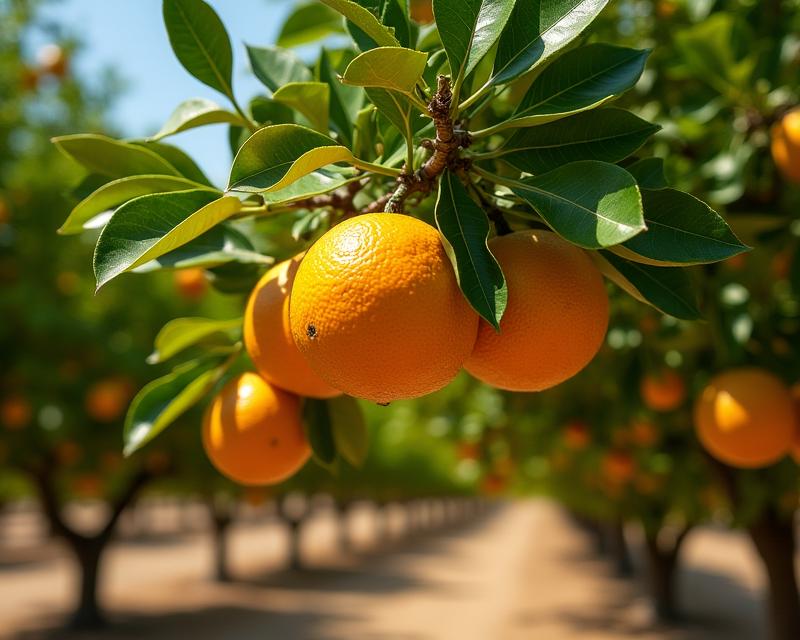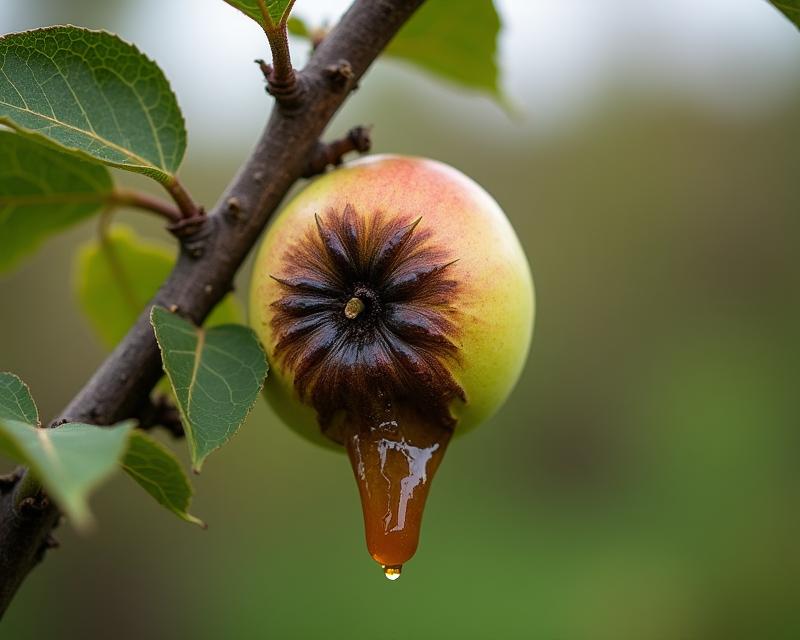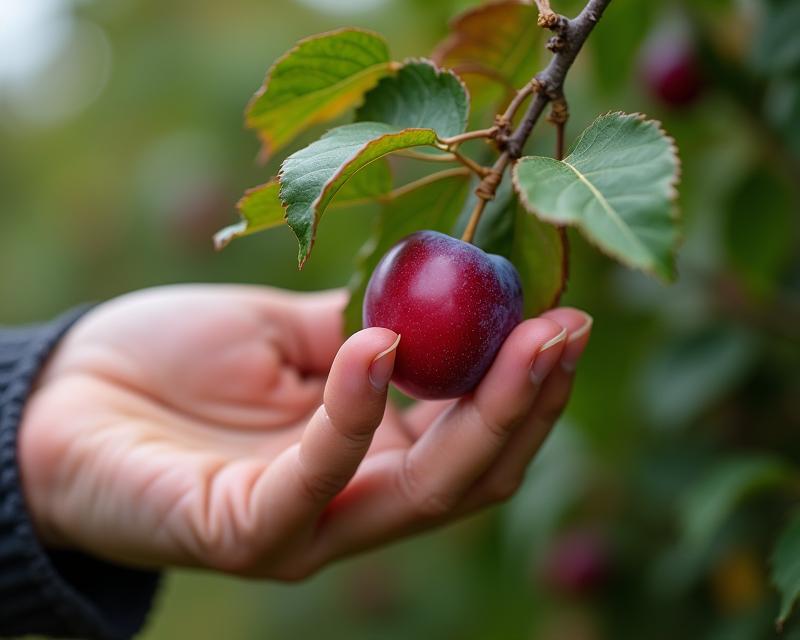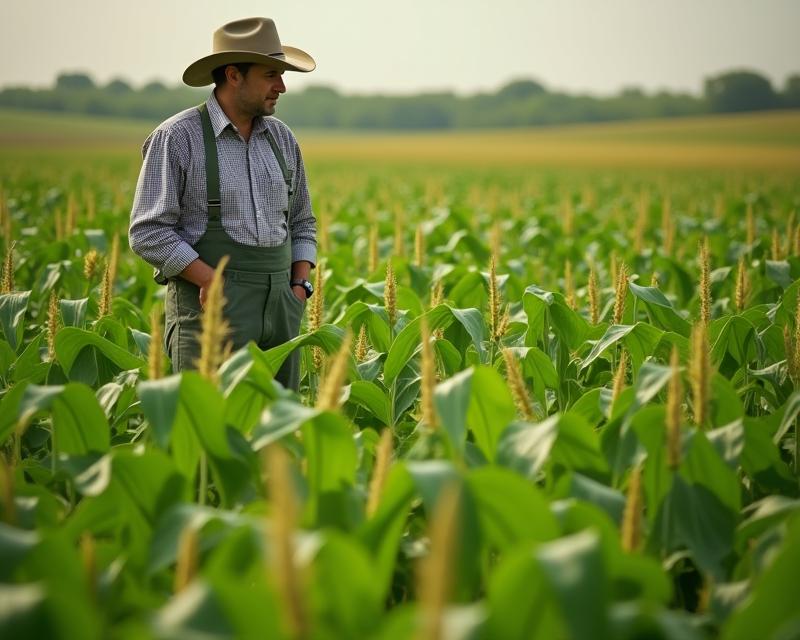Citrus & Soil: A Perfect Match!
Publish in Crops el 23/07/2025 17:07
Citrus & Soil: A Perfect Match!
Citrus trees – oranges, lemons, grapefruits, and more – are a delightful addition to any farm or garden. But to get those juicy, flavorful fruits, they need the right foundation: excellent soil! Understanding what citrus trees need and how to create ideal soil conditions is key to a bountiful harvest. Let's dive into the specifics.

The Ideal Soil Profile
Citrus trees are pretty particular about their soil. The most important factor is pH. They thrive in slightly acidic soil, ideally with a pH between 6.0 and 7.0. Too high (alkaline) or too low (acidic) and the trees can't properly absorb essential nutrients. Next up is drainage. Citrus *hates* sitting in water! Well-drained soil is crucial to prevent root rot. The soil should allow water to pass through freely, but still retain enough moisture for the tree to access. A loamy soil – a mix of sand, silt, and clay – is generally considered ideal. This provides good drainage while still holding onto nutrients.
Nutrients for a Healthy Tree
Beyond pH and drainage, citrus trees need a good supply of nutrients. They benefit from a balanced soil with adequate levels of nitrogen (N), phosphorus (P), and potassium (K). Nitrogen is important for leaf growth, phosphorus supports root development and flowering, and potassium contributes to fruit quality and disease resistance. However, too much nitrogen can lead to lush foliage but fewer fruits. Regular soil testing is the best way to determine if your soil is lacking in any of these essential nutrients. A soil test will give you a detailed breakdown of your soil's composition and recommend any necessary amendments.
Improving Poor Soils
Don't despair if your soil isn't perfect! Many soils can be improved. If you have heavy clay soil, adding organic matter like compost, well-rotted manure, or shredded leaves can significantly improve drainage and aeration. For sandy soils, organic matter helps retain moisture and nutrients. You can also consider adding sulfur to lower the pH if your soil is too alkaline. Fertilizers formulated specifically for citrus trees can provide a balanced nutrient boost. Remember to follow the fertilizer instructions carefully to avoid over-fertilizing, which can harm your trees. Consistent monitoring and adjustments based on soil test results will ensure your citrus trees have the best possible start and continue to thrive for years to come. With a little effort, you can create the perfect soil environment for a thriving citrus orchard or a beautiful, productive citrus tree in your backyard!





